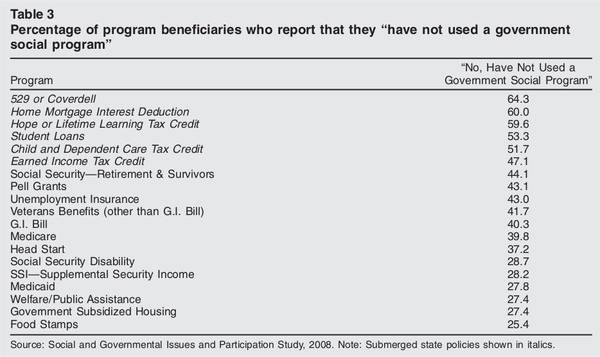I always think its amusing that congress talks about solving Social Security's long term solvency issue. Stephen Goss the Chief Actuary of SSA spoke at the House Ways and Means Committee yesterday, heres a link to his
testimoney. As always, discussion about the 1.5% of GDP gap that occurs by 2035 between the projected cost and Non-interest Income is the high point. In not techinical terms its this 1.5% gap that means Social Security will begin to pay out more to beneficiaries then it takes in from taxes. If we do nothing then only 77% of scheduled benefits could be paid starting in 2036, as someone whos minimium retirement age is 2044 it can be both abstract and alarming.
Currently Socical Security taxes (OASDI on your paycheck) only tax wages up to $106,800 which currently covers somewhere around 82.5% of all earnings. That means that people who earn above $106,800 arent subject to paying taxes on thier excess earnings into Social Security. Of the 14 proposed options that for either increasing revenue or reducing benefits that congress has investigated only two options eliminate the proposed shortfall.
1) Eliminate the OASDI taxable maximun amount between 2011 and 2017, with no additional benefit credit. Basically eliminate the Cap which for the last two years has been at $106,800. Republicans call this a tax increase, which essentially it is, but I personally dont feel bad about people who would have to start paying Social Security taxes on thier income above the $106,800 cap. The alternative idea 2) Price index inital benefits across generations beginning 2017. Reduce all PIA factors (90,32,15) by real growth in average earnings. In basic terms the current formula used to compute a monthly benefit for a person is the Average Indexed Monthly Earnings (AIME) formula, which adds your top 35 years of earnings over your lifetime adjusting for inflation and averages the amount to calculate your benefit. Its a seven step calculation which you can see/do
here.
2) Starting in 2017 reduce the indexing factors which would then reduce the final calculated benefit amount, new benefits would be lowered for all new beneficiaries. This is a favored option of Republicans as it prevents a "tax increase" on the rich, but alternatively it reduces benefits for new filers who may need the income, i.e. the poor, middle class, or disabled. In the end its only these two proposed options that eliminate this gap, not rasing the retirement age, minimium retirement age, or reduction of the COLA, means testing, investing benefits in an index fund, etc. Saving Social Security is just about class warfare, whats the solution?
